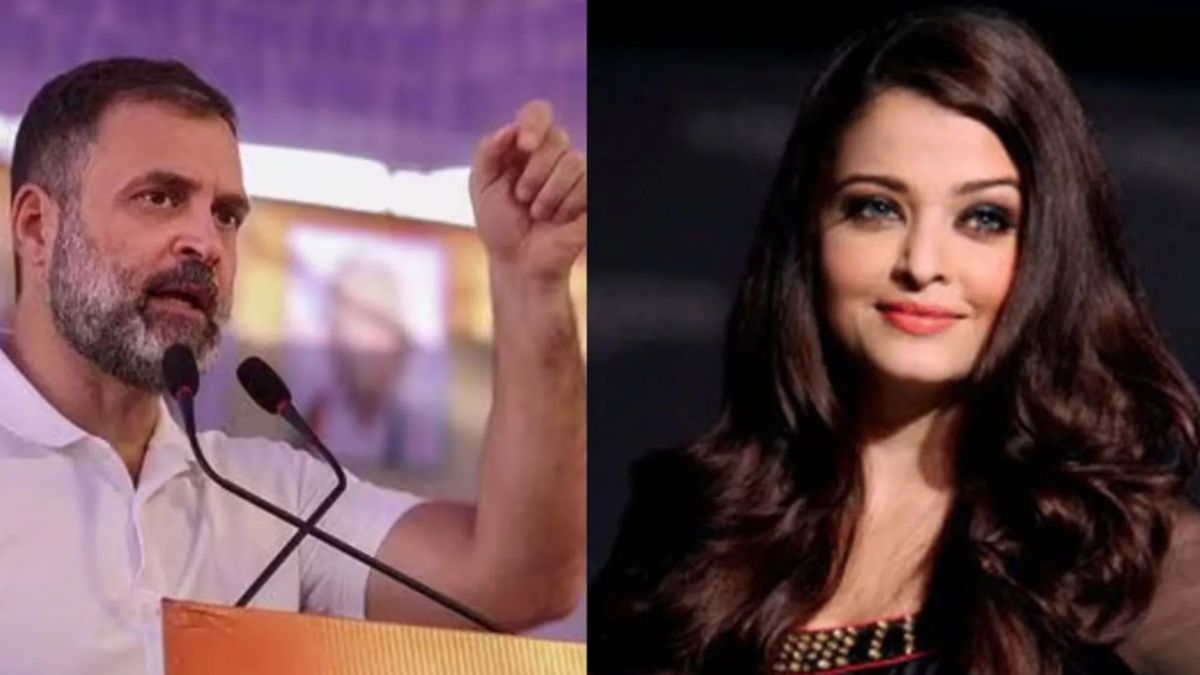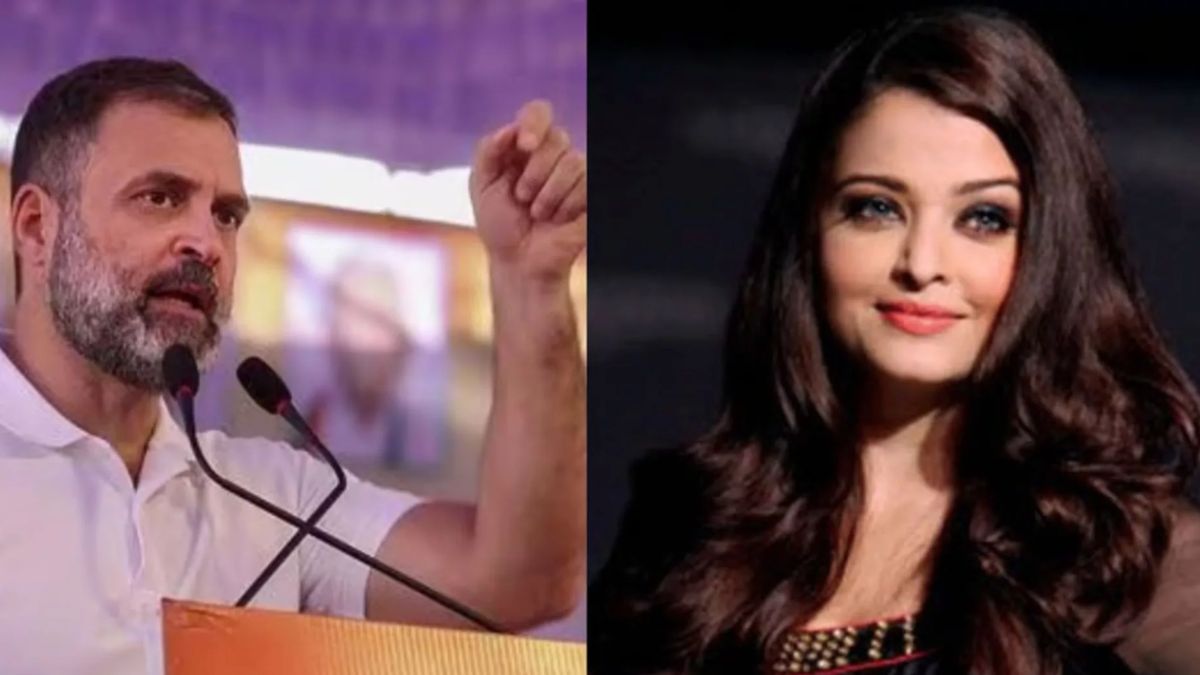The 2012 assembly elections in five states have handed out a stinging indictment to the Congress, but, perversely, the final results could end up giving the Congress some degree of leverage in running the UPA for its remaining term.
At 11.15am on Tuesday, counting trends were clear in all states.
In Uttar Pradesh, a Samajwadi Party (SP)-Congress combo seems the only viable contender for power, with the Bahujan Samaj Party (BSP), the BJP and others failing to come with collective numbers that could reach the halfway mark at 202.
In Punjab, the Akali Dal-BJP alliance was clearly heading for victory, while in Goa the BJP-led coalition was set to form a government. In Manipur, the Congress was ahead of its hotch-potch rivals.
Only in Uttarakhand can the Congress seek some real consolation: with its seat count well ahead of the BJP, and with the BSP set to win in some seven seats, the Congress could rule the state either on its own or with BSP support.
The net score of three Congress defeats (in UP, Punjab and Goa), one near-victory (in Uttarakhand) and one clear win in a state that is on no one’s radar (Manipur) may not be what the party leadership might have been hoping for, but it is not a disaster either.
The Congress’ leadership of the UPA will clearly come under threat, but the trend in UP and Uttarakhand may, oddly enough, strengthen its hands in backdoor manoeuvrings.
The SP clearly needs the Congress to run Uttar Pradesh, and the Congress may (or may not) need the BSP to run Uttarakhand (though this is by no means certain).
This could be a godsend since both SP and BSP will now have to curry favour with the Congress at the centre – the former for support in UP, and the latter for protection in any corruption cases and/or possible persecution in UP at Samajwadi’s hands.
Put another way, the UPA probably can count on both the BSP and the SP to back it at the centre, enabling it to deal with Mamata Banerjee’s tantrums better - but this will come at the cost of having to pander to their wishes in Uttar Pradesh.
While the Congress can hope to do a deal with the politically-savvy Mulayam Singh, handling Mayawati is not going to be a piece of cake. A defeated, but not disgraced, Mayawati will be seeking to rebuild her UP base – and the Congress cannot hope to romance both Mulayam and Mayawati at the same time.
For both SP and Mayawati, the real stakes are in Uttar Pradesh – not to speak of the Congress’ own stakes in this largest of Indian states. The Congress will find it tough to pull off this bigamy.
Watch video of BJP spokesperson Nirmala Sitharaman who said that the entire credit for BJP’s good show goes to party President Nitin Gadkari.
For the BJP, the results indicate a revival of sorts in Uttar Pradesh – but not on a scale where it can challenge any of the Big Two – SP and BSP. Clearly, it cannot expect UP to be a major contributor to its tally in any future general election, unless it sews up an alliance with one of the biggies in the state.
It can, however, be happier with its alliance in Punjab, and its showing under BC Khanduri in Uttarakhand. Clearly, the party made a huge mistake in replacing Khanduri with Pokhriyal in Uttarakhand – and its relatively respectable showing is an endorsement of Khanduri rather than the party.
It’s easier to identify the winners of this mini general election than the real winners.
Rahul Gandhi is a clear loser. Despite putting in a huge effort over the last couple of months, the party has still not been able to lift itself from fourth place in the UP sweepstakes. In fact, the party brought in Priyanka Gandhi, her husband, and her kids to campaign, and had pulled out all the stops and promised the moon to the electorate (Muslim quotas, etc).
The Congress will, of course, ringfence Rahul Gandhi and claim that he is not a UP leader. As in any issue involving the dynasty, the party will claim only victories in his name and blame losses on local leaders and regional factors.
But one thing cannot be hidden: Rahul Gandhi is not going to be a real vote-winner for the party on his own. Where the party is strong, he can bring in a small floating vote by posing as a pretty face and youth leader, but where the going is tough, he has drawn a blank: as in UP, and Punjab.
The lesson for the Congress is clear: the dynasty has to create more regional leaders if it is to rule at the centre for longer.
Nitin Gadkari has come off well. The party’s recent changes – often criticised in the media as confused and lacking clarity – seem to have worked in getting the BJP a few more seats in UP, a not-too-bad showing in Uttarakhand, and a victory in Goa. The Punjab victory, of course, is that of the Badals of Akali Dal.
Having proved himself to be a good strategist, Gadkari, who has indicated that he will contest the next Lok Sabha poll from Nagpur (where the BJP won the recent municipal elections), has emerged as a potential challenger to Narendra Modi’s leadership of the party in 2014. More than Sushma Swaraj and Arun Jaitley, Nitin Gadkari is the dark horse of the BJP.
As someone who has the blessings of the RSS leadership, and who does not carry Modi’s controversial anti-minority baggage, this election makes Gadkari a clear contender for the top job in case the NDA emerges as the largest combination in 2014. Even a Nitish Kumar would not object to a Gadkari as PM. This means Gadkari will have a tough time managing Modi’s support.
Gadkari has also made the right moves in getting BS Yeddyurappa out of the Karnataka gaddi – making it possible for the party to claim a small toehold in the anti-corruption bandwagon. If Anna Hazare re-emerges from hibernation ahead of the 2014 elections and works against the Congress, Gadkari’s hand will be visible in all this.
Mayawati has been wounded, but not disgraced. With a sub-100 seat count, this verdict is clearly anti-Mayawati rather than pro-Samajwadi Party in Uttar Pradesh. The gains made by Congress and the BJP are also at her cost. But if the Dalits see this as a humiliation, it is quite likely that she will bounce back the next time with better results. In any case, she will continue to be a big play by her ability to win at least 20-25 Lok Sabha seats.
But with her invincibility now in question, she will have to try hard to rebuild her Dalit-Brahmin-Other castes coalition. More importantly, she will have to change her approach and connect with people better. An imperious approach to governance will not work.
Mulayam Singh and Akhilesh Yadav: The young Akhilesh, who led the Samajwadi charge, was a game-changer in this election, having led the party to double its seat count and vote shares. However, given the fractured nature of the mandate, the SP may not be able to crown him king so soon.
In the short run, Mulayam Singh is thus likely to be CM.
To prove himself, the SP and Akhilesh will have to win big in the Lok Sabha elections – with or without a tacit Congress alliance. Akhilesh’s real test is in 2014.


)




)
)
)
)
)
)